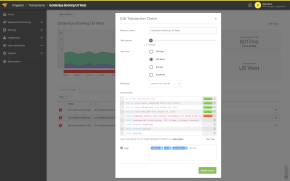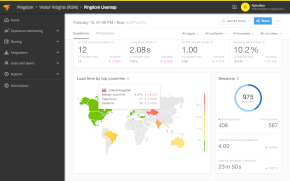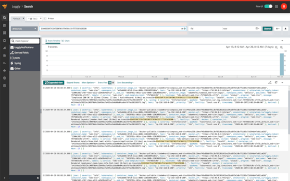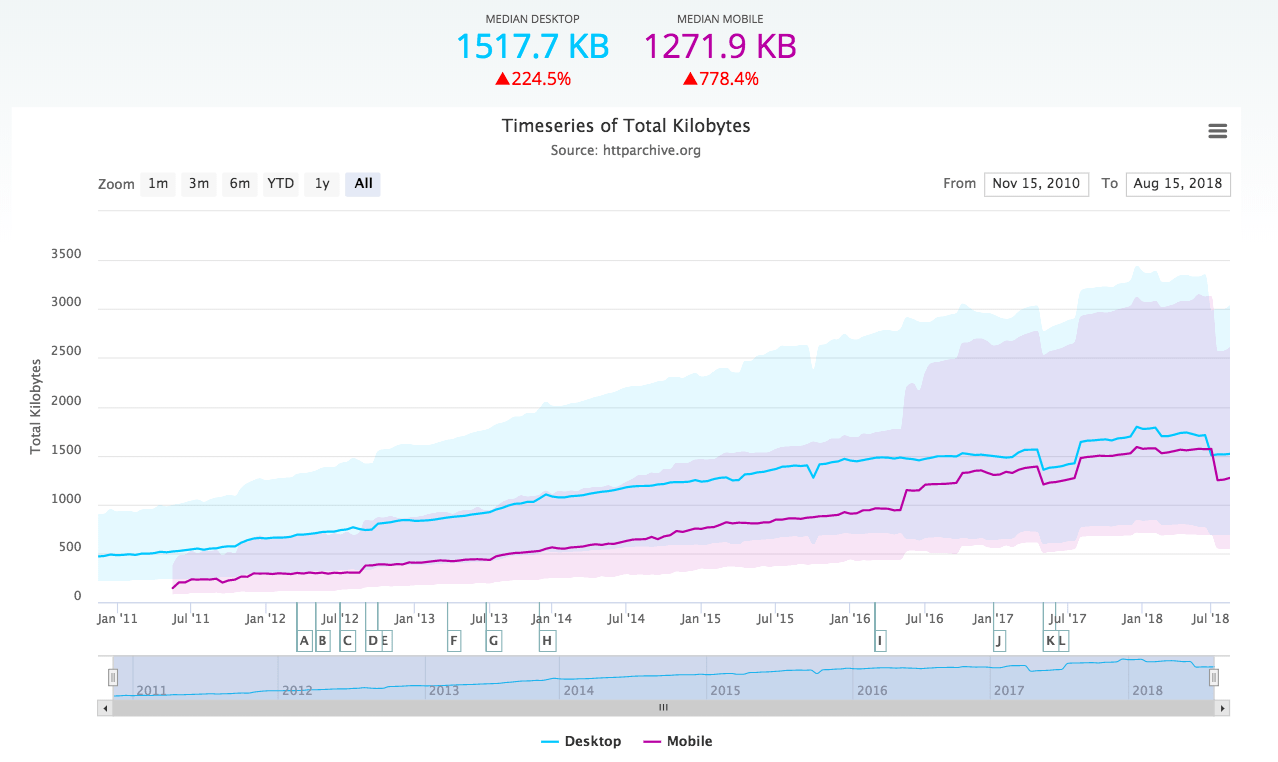
We continue our series of interviews about web performance by talking to Arvind Jain, Engineering Director at Google.
His career started out at Microsoft, where he worked as a software engineer, then continued at Akamai and Riverbed, before he joined Google. At Google, Arvind is responsible for making Google products faster and he runs the “Make the web faster” initiative.
Pingdom: Why is web performance such a hot topic right now?
Arvind: Nobody likes to wait. Over the last few years, there have been a lot of studies that show a direct correlation between speed and success of websites in terms of both revenue and usage. This has increased awareness among web publishers for the need for speed.
Pingdom: There’s a lot of evidence that web users tend to leave a website if it loads slowly. Are users getting more demanding and impatient, or are there other reasons behind this?
Arvind: With better Internet connections, more powerful machines, and a plethora of websites to choose from, users are less likely to wait for slow web pages.

Pingdom: Web performance involves a lot of testing and numbers. But at the end of the day, isn’t a user’s experience a personal and subjective experience? How do you reconcile the two?
Arvind: It’s definitely important to provide a rich experience to users. Web performance is not at odds with that though. It’s about delivering the same rich experience to your users, just faster.
Pingdom: Could, at least part of, the answer to improved web performance for end users be tighter integration between the components involved, like hardware, software, networking, etc?
Arvind: We need better hardware, software, and networks to make the Internet fast. Improving just one of the components is often not enough — e.g. a really powerful computer will not be able to load a web page really fast if the network is too slow.
Pingdom: What’s the relationship between web performance and scalability?
Arvind: They are correlated. If your site doesn’t scale, it will have poor performance. Also, often, optimizing the performance of your web pages will improve the scalability of your website. For example, a common performance technique is to use proper caching headers for your content so that the browsers can cache content that doesn’t change. And that helps with the scalability of your site as there will be fewer web requests that you have to serve for every page view.
Pingdom: Best practice in mobile web performance isn’t as well established as in other fields like desktop. Are we getting closer to a sort of universal agreement or understanding of performance in the mobile space as well?
Arvind: Most of the best practices from desktop apply to mobile — e.g. compressing content better, using correct caching headers, and minimizing the number of requests per page will help your web site become fast on desktop as well as mobile. Recently, there’s been more attention on performance techniques specific to the mobile environment. I hope to see Page Speed and other tools that highlight the best practices get mobile support soon.
Pingdom: For someone who is going to start working with their website and performance, where do you suggest they start? What should they do first?
Arvind: Use a tool like Page Speed to identify specific performance issues on your pages and fix them. Once you score well on Page Speed, use WebPagetest to investigate your page load in a real world-like setting. WebPagetest displays a waterfall diagram, which can be used to identify the long poles in the page load and fix them.
Pingdom: With everyone talking about cloud, it seems to be everywhere. What’s your view on cloud and web performance?
Arvind: Cloud providers handle all the infrastructure- and platform-level details so their customers don’t have to. This is good for web performance overall, since cloud providers can optimize the underlying infrastructure and platform better than the average web publisher.
Pingdom: What are we going to see happen in the next few years in terms of web performance?
Arvind: Improving mobile web performance is going to be a big area in the near future. Mobile web is much slower than desktop web and yet often a medium where timely response is even more critical. I also expect to see web performance products becoming mainstream and used by significantly more web sites in next few years.
Pingdom: Finally, is there something exciting that you or your company is working on in terms of web performance that you can tell us about?
Arvind: Google has a significant effort to make the Internet fast. We are working hard on improving browser performance (Chrome), making core Internet protocols and standards faster (DNS, TCP, SSL, HTTP, HTML5) and building tools to help developers debug and analyze the reasons for poor web performance (Page Speed). We also try to set an example by making our own products as fast as possible.
About the “10 questions about web performance” interview series
We have gathered some of the best and brightest minds in the web and IT industry to a discussion about web performance. Over the next few weeks and months, we’ll be rolling out a series of interviews, bringing together people from web design, mobile and computer hardware, web hosting, software, and other areas. You can find all the interviews in this series on the Royal Pingdom blog.
























